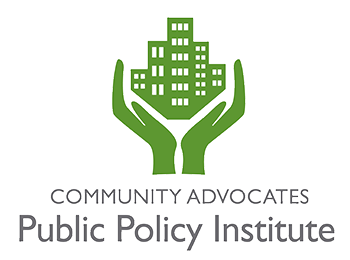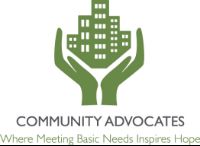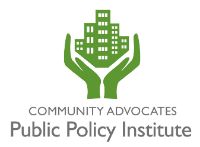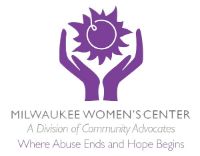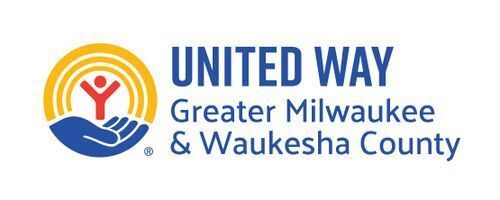Improving Behavioral Health Services and Care for Your Sexual and Gender Diverse Clients: The Complex Roles of Trans-specific ACEs
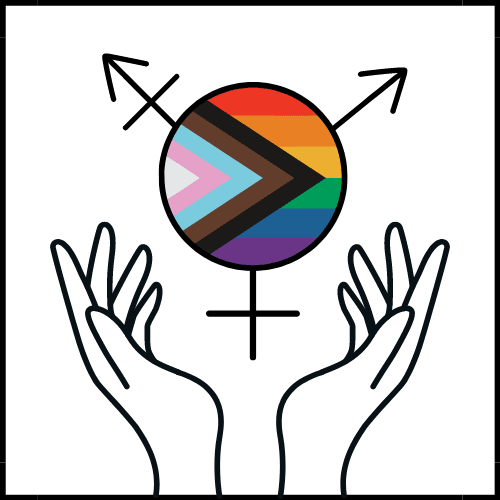
Overview: Trans and nonbinary people experience more Adverse Childhood Experiences than their non-trans peers. Even without additional considerations of the current anti-trans political climate or adult trauma, high ACE scores contribute to the already barrier-laden mental health challenges of trans adolescents and adults. This webinar will introduce the ACE studies to those who are not yet familiar, review trans-specific experiences that may help explain trans people’s higher ACE scores, and delineate some strategies for helping to address these disparities. Attendees will leave with practical action steps that will reduce barriers to care and improve the lives of trans people.
Learning Objectives:
1. List three trans-specific ACEs.
2. With one trans-specific ACE, describe in detail the complex barriers that may result in addressing the impact of that childhood experience.
3. Name two things you can do to reduce structural or systemic barriers that trans people may experience in accessing mental health services.
Who Should Attend: Community-based behavioral health professionals and students in Wisconsin, as well as allied community members.
About Michael Munson.: Michael Munson is the co-founder and Executive Director of FORGE, an organization focused on improving the lives of transgender individuals by building stronger connections, providing resources, and empowering growth through knowledge. FORGE is a national training and technical assistance provider funded in part through the Office for Victims of Crime, the Office of Justice Programs: Bureau of Justice Assistance, the Office on Violence Against Women, the National Institutes of Health, and the Department of Health Services. Munson's educational background is in psychology, with an emphasis on trauma-informed care and non-traditional healing modalities. His work on violence against trans and nonbinary individuals stresses the intersectionality between complex components of identity, experience, and societal constructs that can both spur violence, as well as catalyze healing for individuals and communities. He is passionate about engaging professionals to embrace these complexities and learn key skills to better serve their clients/constituents.
About the Series: Improving Behavioral Health Services and Care for Your Sexual and Gender Diverse Clients: A Series of LGBTQ+ Educational Opportunities for Health Providers is a six-part monthly convening to promote greater awareness of the experiences of sexual and gender diverse individuals in the behavioral health care system to improve services. It is provided free of charge thanks to generous support from the Wisconsin Department of Health Services Division of Care and Treatment Services. Community Advocates Public Policy Institute will offer sessions once a month via Zoom and will archive the videos for viewing upon request. Sessions will be posted on this website's calendar as they are made available. Professional continuing education credits or a certificate of completion are available for those who complete the live or archive sessions and a post-session survey on session content.
